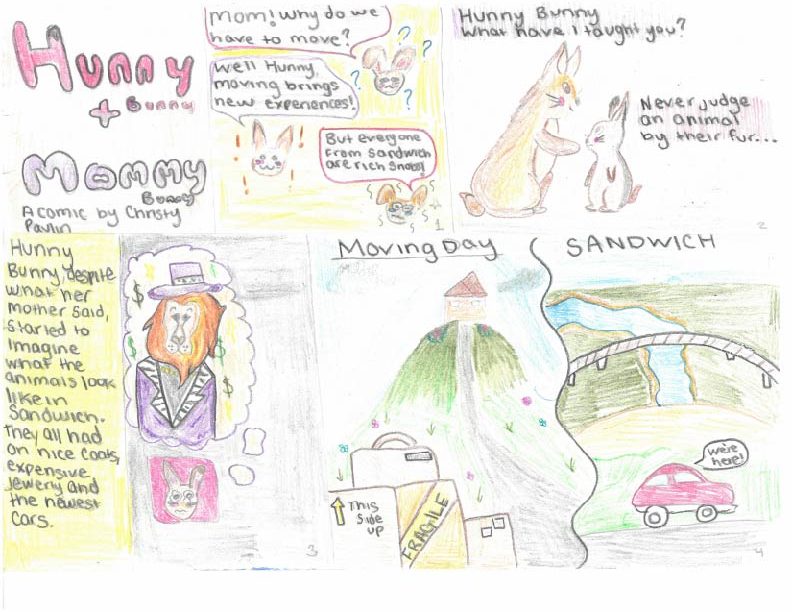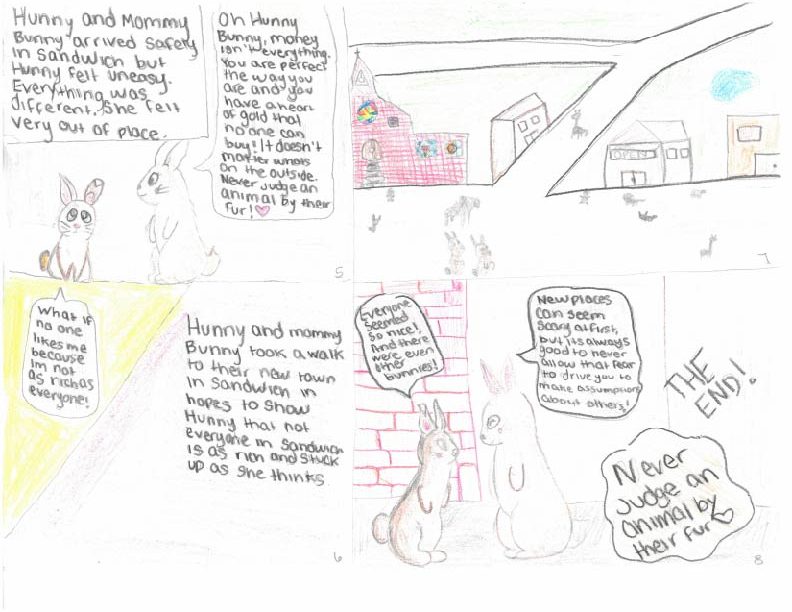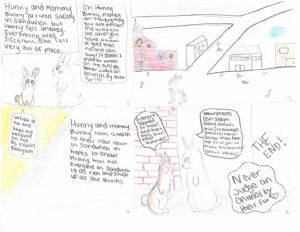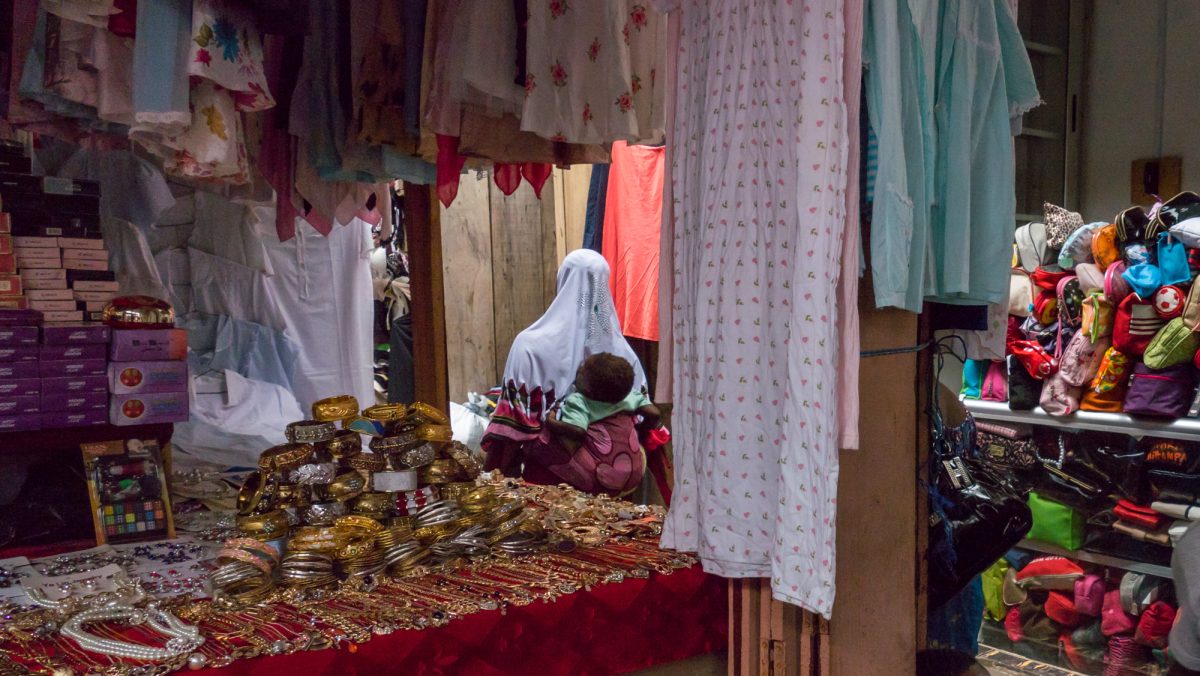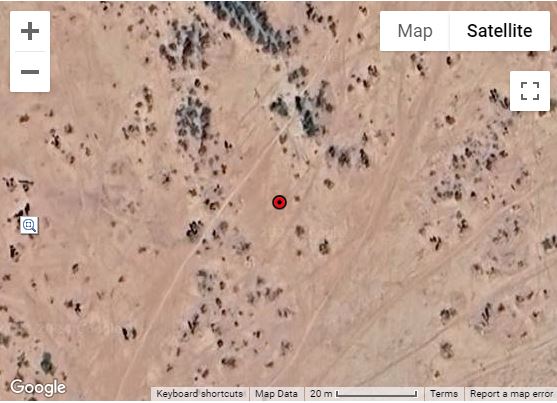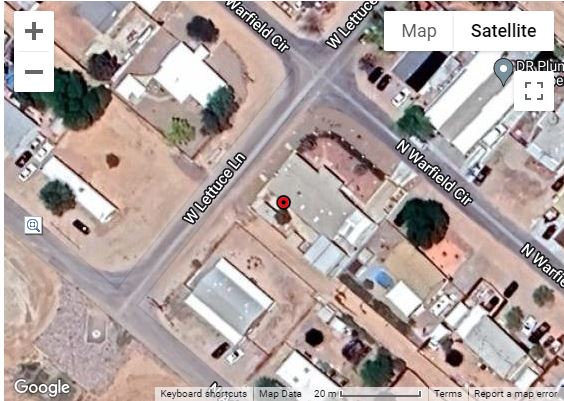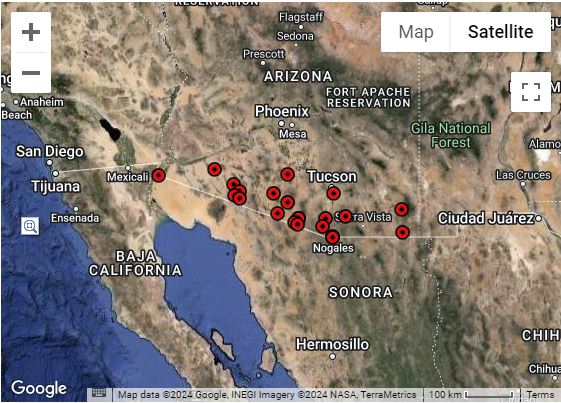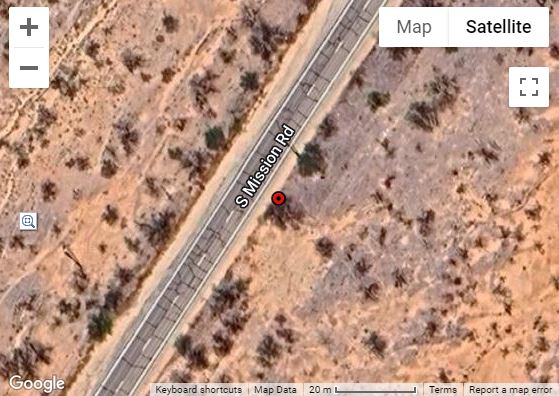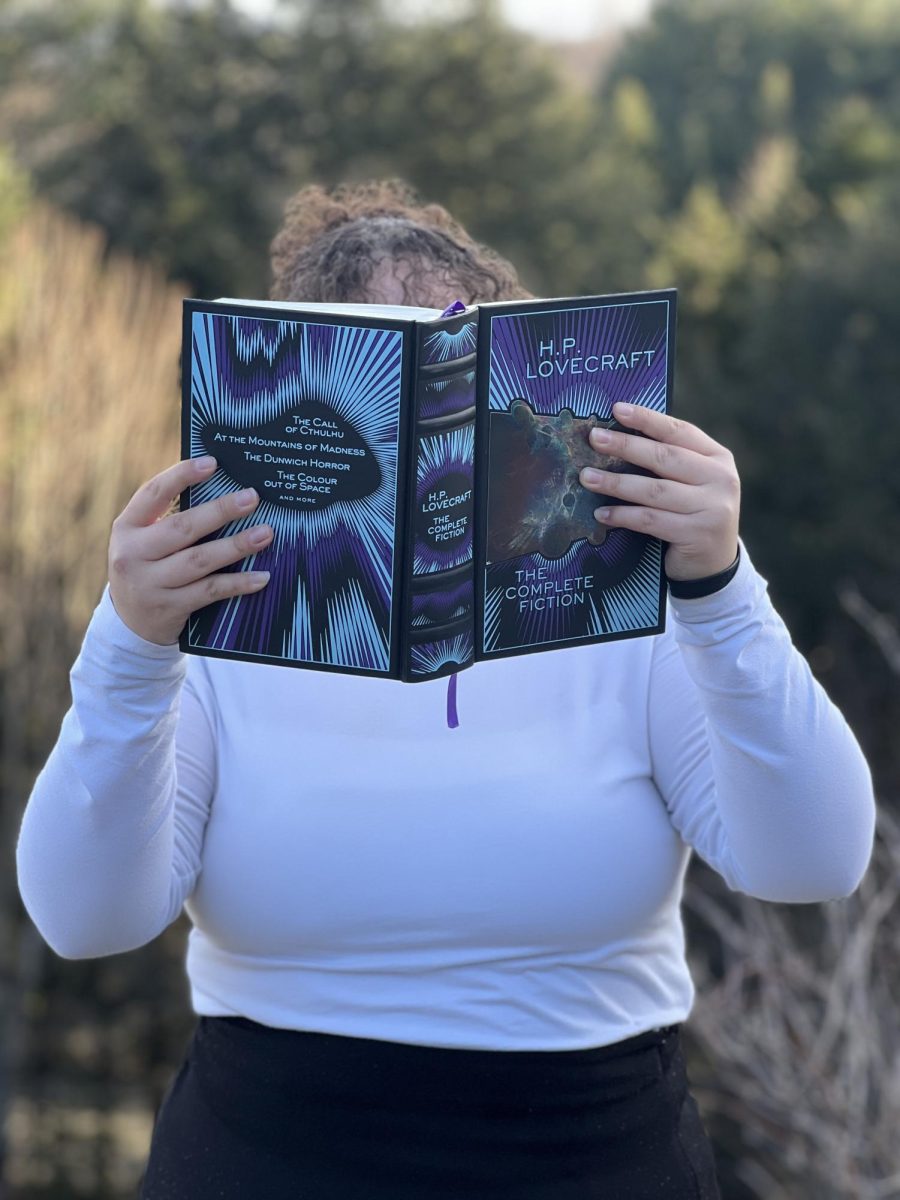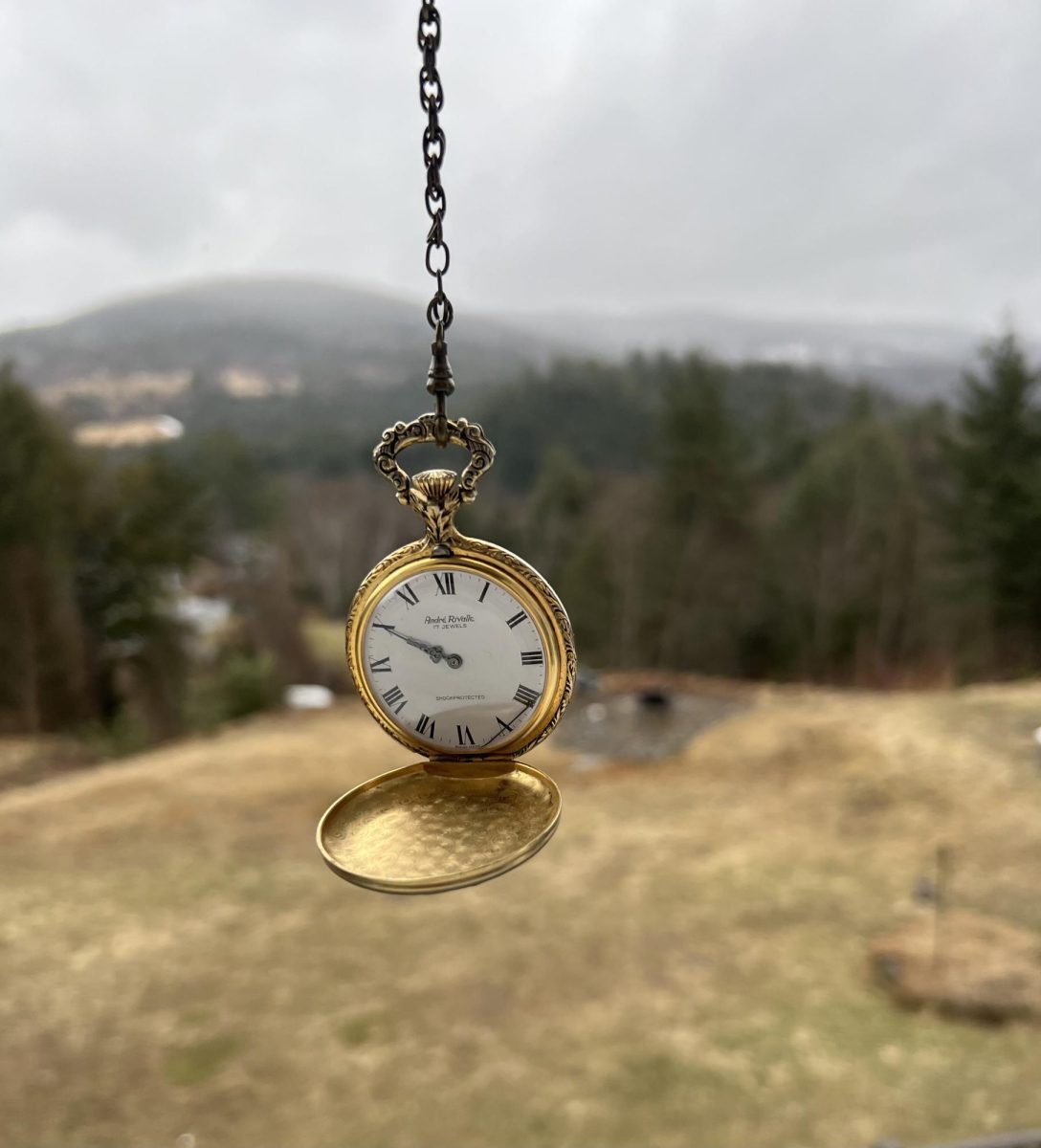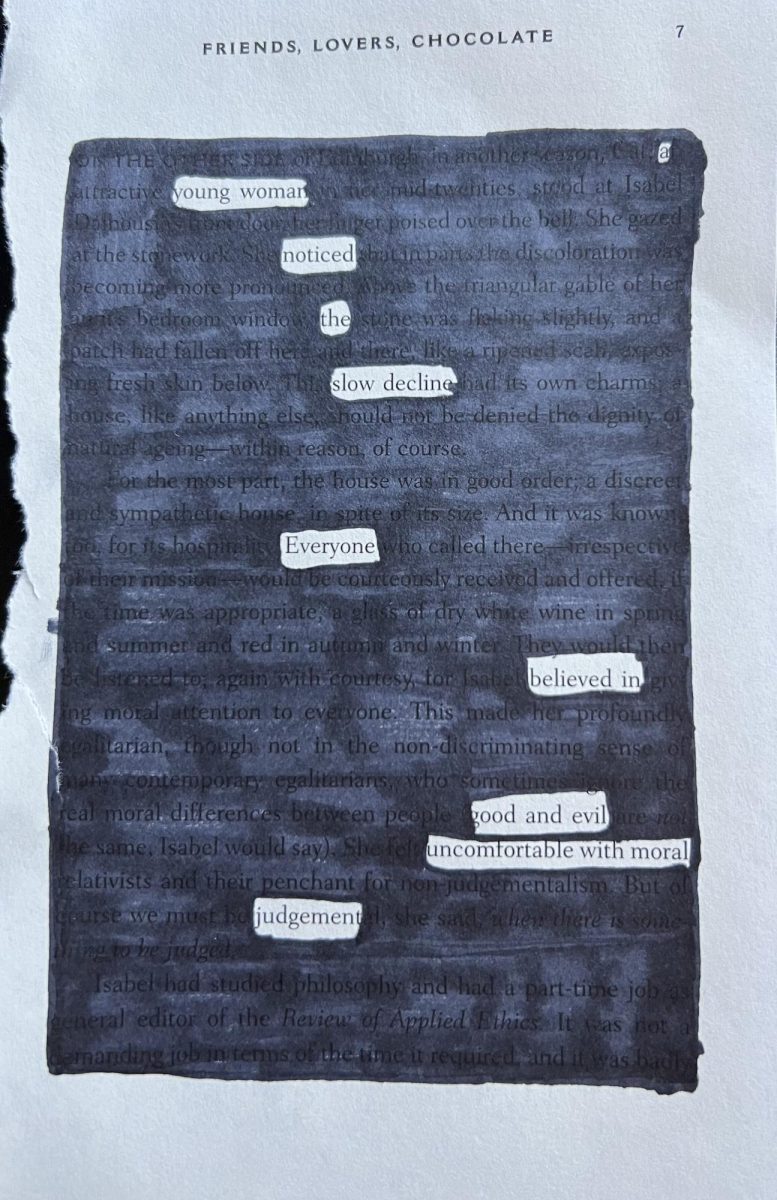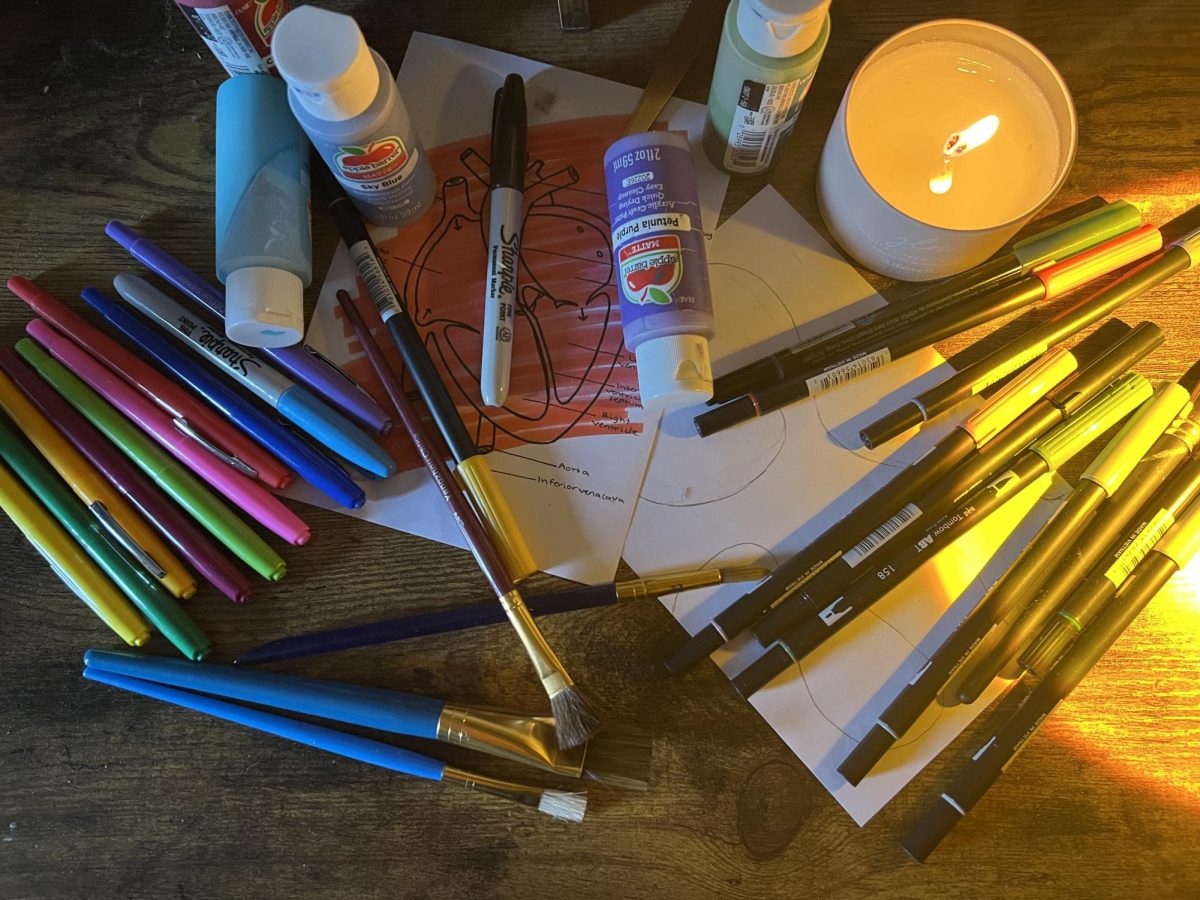Writing from Rocks and Writing, an NHI Course
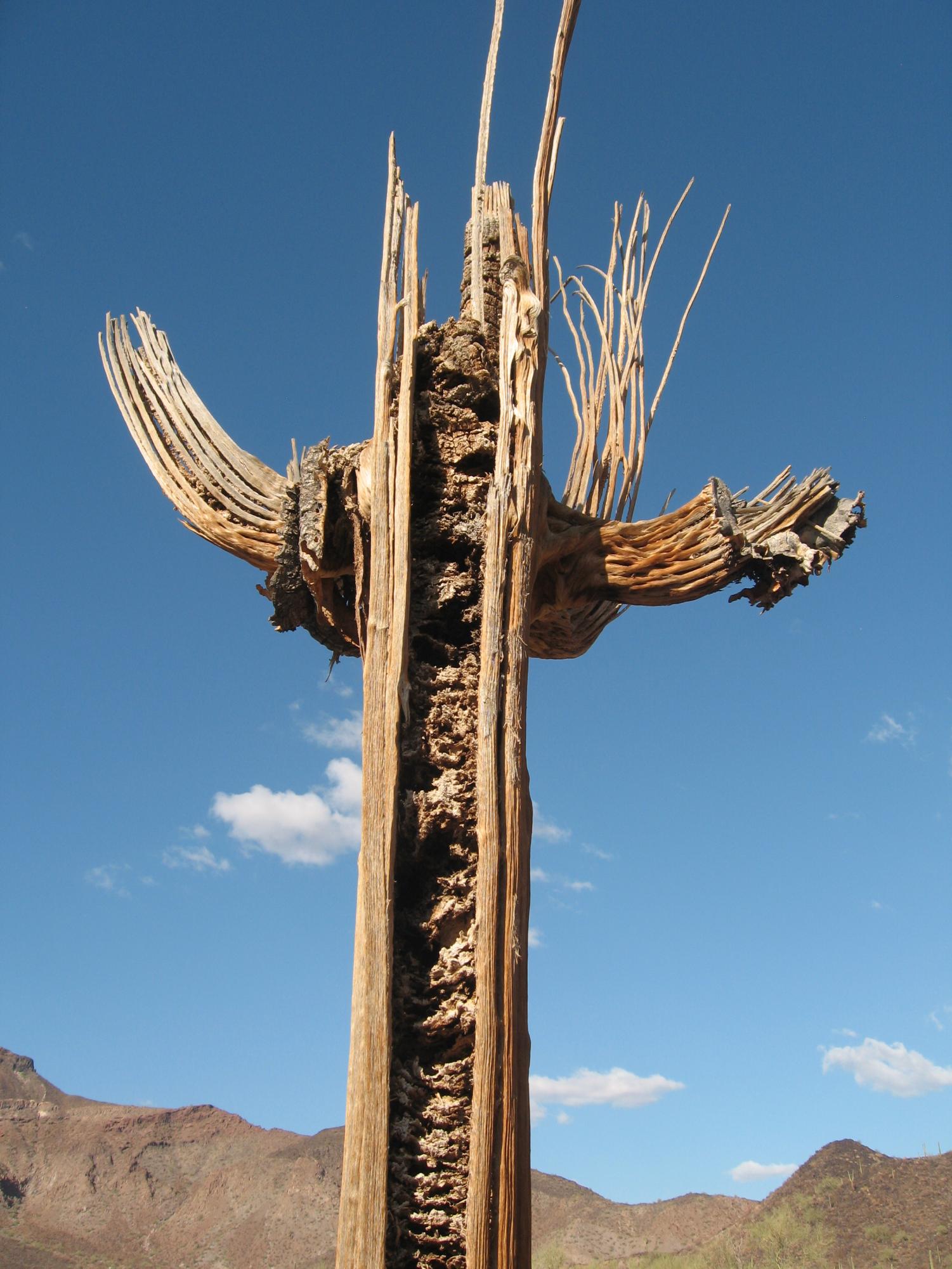
In Rocks and Writing, students spent the semester virtually exploring the topography and geography of Arizona while reading texts that helped them understand how Arizona’s landscape created the cultures of those who have lived there. The overarching themes of the course was how place creates both our homes and ourselves.
Below are essays, stories, poems, and graphic pieces that explore Arizona or home.
The class assignments included the following:
- Creation Stories: creative works that explored how our homelands created us
- Speculative Obituaries: Using Humane Border’s maps, which document. Mexico/US border deaths by name, date, and cause of death, students speculated on the lives and deaths of those who died trying to reach America.
- Poems of People and Place: Poems that focus on place and home.
Table of Contents:
1. Christy Paulin: Moving, a Bittersweet Journey: a Creation Story
2. Yorke Kwabia-Mensah: If You were in Kumasi: a Creation Story
3. Teddy Tonna: Saint Spyridon: a Creation Story
4. Christy Paulin: Obituary: Ana Maria Rojas Fragosa
5. Vinny Fugere: Obituary: Consuelo Odilia Oxlaj Sacche
6. Yorke Kwabia-Mensah: Obituary: Felipe Moreno
7. Alyssa Cilento: Obituary: Eduardo Alvarado-Diaz
8. Jenna Jones: Never Know: Poems of People and Place
9. Jenna Jones: Fall: Poems of People and Place
10. Octavia Crawford: Bittersweet: Poems of People and Place
If You Were in Kumasi
If you were in Kumasi, you would learn
About the history and culture that I yearn.
Kumasi, the capital of the Ashanti Empire,
A place where tradition and modernity inspire.
If you were in Kumasi, you would admire
The beauty and diversity of Kumasi’s flora.
From the Kum tree that gave the city its name
To the many flowers that adorn its fame.
If you were in Kumasi, you would listen
To the sounds of the city that never lessen.
You would hear the voices of traders and drivers
And feel the pulse of this vibrant survivor.
If you were in Kumasi, you would taste
The flavours and spices that make me haste.
From the street food like kebabs and waakye
To the local delicacies like fufu and aponkye.
If you were in Kumasi, you would embrace
The hospitality and warmth that fills this place.
You would feel the spirit of the Asante people
And join them in celebrating Kumasi’s marvel.
Depending on who you ask, the word ‘home’ can have many definitions. If you were to ask me, I would say that home is a place I am familiar with and can trust to always be there for me whenever I return, no matter how long I am gone. My home is in Worcester, in the center of Massachusetts. While I was born and raised in this city, spending most of my life there, it existed as a home for countless others for centuries before me.
The history of Worcester is not unfamiliar to most other urbanized metropolitan cities throughout New England. The city started out as a small settlement, but eventually developed into an industrial powerhouse. Throughout the nineteenth and twentieth centuries, large influxes of migrants began arriving to Worcester to seek work.
My grandfather was born in 1900 in a small village in Bitola, which is currently in modern-day Macedonia. In this area of the world, the history was dynamic. At the time of my grandfather’s birth, Bitola had only been recently emancipated from Ottoman Turkish rule. Centuries of ethnic groups enduring oppression caused severe conflict throughout the Balkans, resulting in frequent disputes and strife. My grandfather grew up in a poor shepherd household throughout these events. He was Aromanian, a small ethnic minority of nomadic Romanians who lived throughout the Balkans. When he was still young, his father attempted to steal a sheep for food for their family. However, the shepherd, who was Bulgarian, caught him in the act and stabbed him to death, leaving his body in a ditch on the side of the road and his family without a father to feed many mouths. My grandfather’s mother knew the difficulties of the situation she was in now, so she told my grandfather, now eleven years old, to leave the country by himself and go to a land across the sea. One that was open to all, with more freedoms than one could ask for in his whole life. He followed his mother’s words and started his long journey to the United States of America.
Life was not much easier in the USA. Ellis Island was a tedious process, and after getting through, he went to the city of Worcester where he knew of a large community of Greeks who worked in factories with similar stories to his own. He worked long days in a bakery, which was backbreaking for someone his age. Eventually, after years of hard work, he and a friend managed to buy the bakery. From here, they established a pie-selling business, which soon turned into a thriving enterprise. The bakery became very well known throughout Worcester, and its popularity led to its expansion into a pie factory known as Table Talk Pies today. Graciously, my grandfather hired Greek immigrants who needed work after they arrived in the country.
The Worcester Greek community grew as immigrants heard of a Greek-owned business they could work at for good pay. This caused the small Greek Orthodox church that they attended to become overcrowded. My grandfather and other investors solved this by building the Saint Spyridon Greek Orthodox Cathedral, one of the largest churches in the state, to meet the needs of their ever-growing population. While his place of birth may have been Bitola, his home was now Worcester. In addition to his work in the community and the factory, he married a woman with whom he had nine children. However, none of these children would grow up to be my parents because his wife unfortunately passed away, leaving him a widower. Later, he would marry my grandmother.
My grandmother was a woman who had experienced the world in ways most people could not imagine. She was born in the late 1920s in a poor village in northern Greece and grew up with five sisters. Her grandfather, one of the few people in the village who had learned to read and write, was a priest, which was a great honor at the time. My grandmother worked as a schoolteacher, walking many miles every day to teach in a small classroom. Life was difficult but simple.
That was, until World War II. The fighting on all fronts brought the Axis powers into Greece, eventually leading to the complete German occupation of northern Greece. In my mother’s now-occupied village, complete order was implemented by the Nazi soldiers. However, as my grandmother would recount, their presence was not even close to the pain she would endure in the following years. In her village, the Germans had no reason to be hostile and acted as more of a neutral force that did not harm the people who lived there.
The new problem was that with Greece under the control of the Axis, the Allies made it difficult for food to be imported in the hopes of weakening the Germans strength. This tactic caused everyone in the village, German and Greek, to nearly starve to death. Because this bordered a Romanian village in Greece, my great-grandfather and a group of men crossed the mountains by foot into Romania to bargain for food in an effort to save the village. They managed to gain an audience with Antonescu, the fascist prime minister of Romania, who listened to the men and sent them on their way with enough food to sustain the village.
However, all was still not well. World War II may have ended for the rest of the world, but it never truly ended in Eastern Europe. Romania was later invaded by the Soviet Union, which forced a communist government on the people and outlawed religion.
In Greece, the abrupt removal of German forces caused a power vacuum. The result was one of the bloodiest civil wars that Europe had seen.
My grandmother, still a schoolteacher during this time, would walk her route to the school she taught at and pass people on the road who were begging for food. On her way back, she would see those same people lying on the ground, dead from starvation. Nobody would be around to move their bodies once they died. She would see wheelbarrows full of the dead parked stationery in the street, and dead soldiers with their genitals cut off and shoved into their mouths. No one can imagine what this time was like, to carry on with such horrors and be expected to wake up fine the next morning. Her time during the civil war was that of constant terror. My grandmother lived in constant fear that her family would be executed by communists for being religious and not in support of the ideology. She had concerns that nationalists would assume they were communists because of their Romanian ethnicity.
After countless near-death experiences throughout the war, the strife eventually ended, leaving her village a desolate, ash-filled wasteland. Life in Greece would never be the same for anyone who lived there. My grandmother reached out to a man who lived in Worcester, Massachusetts, who promised her a good life free from the difficulties in Greece.
Despite what she thought, life was not good when she arrived. The man who promised her a good life all but lied, as he abused her and treated her harshly. He was a wealthy man, but aside from money, he offered her nothing but pain. When she tried to cut him out of her life, he stalked her and threatened her life. Finally, with the help of her priest, this man was finally cast out of her life. However, being in her thirties, she was now concerned that she would never get married again. But then she went to a function at Saint Spyridon and met my grandfather, a recently widowed man, who ended up marrying her and having my dad and aunt.
I was born in 2003 and my grandfather died in 1987, but my grandmother was still alive throughout my childhood. I grew up only a street away from the house my dad grew up in. Worcester had always been my home. I did not travel much until I became older, so the backyard was my vacation, and the woods were my escape. My childhood memories are filled with my friends and I running in the woods behind our elementary school and looking for the monsters and creatures we believed to live there. Catching frogs in the nearby pond and fist-fighting my cousin, who lived down the street, were routine. But my best memories were always in my church, Saint Spyridon. This is where I was baptized and spent every Sunday learning about the church and the people painted on the church walls.
When I think of home, the word ‘Worcester’ comes to mind. But realistically, this cannot be my home because the concept of home is specific, or at least it is in my mind. I do not know every nook and cranny about my city. Whenever I go out with my friends, we can always find a new location to see something that we didn’t know existed. So, while my home is in Worcester, the city is not where I call my home. I have many memories in my house, but, truly, I cannot say this is my home as well. Perhaps it is a secondary home because even though I’ve lived and grown up there, when the word ‘home’ comes up, it is my church that comes to mind. The church my grandfather built to bring everyone together is the same church where my grandparents’ fates intertwined and where I was received into the Orthodox church. Saint Spyridon is where I still return to today.
The dry desert air pierced your skin,
and it seemed the sun
had sent you his sharpest ray.
These conditions will never change.
The cold bite
of the desert night
sent chills down your spine.
You chose to keep walking
with nirvana in your sights.
You walked some more
and some more,
throwing away whatever you can
to help ease the never-ending ache.
Ahead of you
was an ocean of sand
that looked as if it could gobble you whole.
It’s fine particles like knives
being dragged through the wind
to you.
There was a green valley
with grass you so desperately wanted to lay in.
You took your final steps,
and with your final steps
you laid in your valley of green grass,
took your last breath,
and just like that
you were dust.
Consuelo Odilia Oxlaj Sacche, 22, sadly departed on August 2nd, 2008, in Pima, Arizona, following blunt force injuries. She is survived by unknown family members who are most likely uncertain of her tragic death. When Consuelo illegally crossed the Mexico-United States border, she had hopes of better living conditions. She dreamed of financial stability and a husband and family of her own, but more than anything, she dreamed of a peaceful life in which she did not have to worry about constant violence. An escape from Mexico’s atrocious organized crime, corruption, lack of human rights, and poverty, was important for Consuelo. She lived alone and could barely support her basic needs. She woke early every morning and carpooled to a tourist hotel one hour from her house where she worked for the house cleaning crew. Despite breaking her back to make ends meet, she was underpaid, but Consuelo believed in the American dream, and she was ready to sacrifice in the hopes of grasping a thriving future.
Before coming to Pima, America, Consuelo knew the dangers of her decision, such as the possibility of being abducted, raped, kidnapped, robbed, or killed during the long trip she was about to begin, yet she left alone on a Monday morning and took five buses to travel from her native city, Mérida, in southern Mexico, to Agua Prieta, where she knew a few people. Most of the passengers on each bus were males, which made the trip uncomfortable. Fortunately, she became good friends with two women she met on the bus who were going to the same place. This journey was not a continuous drive; there were many stop sites and many days between bus connections. The trip took the three women more than a week to reach the American border, but Consuelo had plenty of time to get to know her two new friends and develop attachments. These connections helped her battle loneliness during this stressful and life-changing process.
When the women reached Agua Prieta, they realized that altogether they had almost no money left. Fortunately, they still managed to find a reputable coyote, promising him money they did not possess. Consuelo, brimming with hope, simply looked forward to the future and put all her trust in the coyote and convinced her friends to do the same. Not long after joining the coyote, the women started to march in the desert along with many other people who had also hired him. Little did they know he was the best coyote in all of Mexico. He made the trip go relatively smoothly since he stashed jugs of water in hidden places along the border of the United States. The water kept most of the immigrants hydrated, but the arduous physical effort needed to hike through the suffocating heat proved to be a difficult obstacle. Consuelo’s body felt permanently on the edge of collapse, but her firm belief in her goal kept her from breaking down. Not everyone had that determination though, over sixty people died from heat exhaustion after a few days of traveling.
After a little more than a week, the dwindling group of believers reached Mount Graham, a couple of miles away from Pima, Arizona. At this point, Consuelo said to herself, “I made it.” She was overwhelmed by the feeling of accomplishment and euphoria, which allowed her to forget about the unbearable heat for a few moments. She prayed and thanked her gods for this opportunity promising to be forever grateful to them.
Yet, this trance of infinite joy disappeared rapidly as they tried to circle Mount Graham on the last day of July 2008. The Border Patrol had been tracking Consuelo and her groups’ footprints for days and had finally caught up to them. The Border Patrol’s assault was brutal when they arrived; they killed one of her “bus friends” when she tried to escape. Everything happened quickly, but Consuelo was able to narrowly escape the attack and arrive in Pima, Arizona, safely.
Without the coyote, she was alone in a strange land and didn’t know where to go. She hid in someone’s garage for two days where she stayed at night and went out during the day to eat, drink, and go to the bathroom undetected. Sadly, it did not take long for the owner to notice that his possessions were being moved around. One day, he searched the house armed with a hammer and killed her when she came out of hiding and started running.
While Consuelo did reach the Unted States, she didn’t reach her goal of benefiting from the opportunities that America offers. Instead, she died alone in a strange land and by the hand of a stranger. A funeral service will be held in her honor at 2 PM on August 8th, 2008, at Vining Funeral Home in Safford, Arizona. Since she has no relatives or friends in America, no one will be attending her funeral. Her body will be sent to her native city, Mérida, where the locals will arrange for a proper burial.
Felipe Moreno left his home in Mexico
With a backpack and a bottle of H2O.
He dreamed of finding work and a better life
In the land of opportunity across the strife.
He joined a group of migrants who paid a coyote
To guide them through the desert and avoid the authorities,
But the smuggler abandoned them when things got tough,
And Felipe had to walk alone in the rough.
He walked for days and nights, hoping to see
The border’s fence that marked his destiny.
But the desert was relentless and showed no mercy,
And he ran out of water and energy.
He fell to the ground, his body dehydrated,
His vision blurred, and his mind agitated.
He thought of his family and friends he left behind,
And prayed for their forgiveness and peace of mind.
He died alone, his dream unfulfilled,
His body undiscovered and his story untold.
Later, a border patrol agent found him by chance
And reported him as another casualty of circumstance.
Felipe Moreno, you are not forgotten.
Your sacrifice is not in vain,
You are one of many who risked it all
To escape from poverty and pain.
We honour your courage and your humanity.
We grieve for your loss and your tragedy.
We hope for a world where people can move freely
And live with dignity and harmony.
Alvarado-Diaz, Eduardo was reported deceased on Saturday, February 25, 2023, after his body was found within the Tohono O’odham Nation in Pima County, AZ, just south of Tucson. Eduardo was fully fleshed, and his cause of death was determined to be the result of hypothermia due to environmental exposure.
Eduardo was a fourteen-year-old boy. Through sheer determination, he trekked across the Mexican border and almost made it to Tucson before his untimely death. Traveling alone, Eduardo attempted to find a main road to seek help after being separated from the group he had crossed with, but his body could not endure long enough. He had been dead for less than a day before he was found—if only that help had come just a few hours sooner.
Eduardo was a fourteen-year-old boy.
Here lies Eduardo Alvarado-Diaz. Eduardo was a fourteen-year-old boy, maybe from Mexico City. He would have been 1,400 miles from his home if it was one straight shot, though that’s unlikely.
His story is one of uncertainty:
Eduardo might have taken a bus all the way to Sonora before braving the trek alone through the desert, a 23-hour drive crammed in dusty heat. 2,000 miles.
Eduardo could have been on his way to meet his sister who had crossed the border three years before and had a home waiting for him on the other side.
Eduardo possibly left his home last week after his mother told him he must. Their hometown, Morelos, Mexico City, has the highest rates of homicide of any town in Mexico.
Maybe he was running from gang initiation. Maybe this gang was new to town, and just maybe this was the same group of cartel members who killed three police officers in Mexico City three days ago. Maybe he fleeing to preserve his innocence.
We’ll never know, because here lies Eduardo Alvarado-Diaz.
Turtles will never know their mothers
I will never truly know my brother.
with the ocean so vast and intense,
Two decades is quite immense,
even if they live to be as old as ever
no matter if we’re close together
The desire to befriend the rushing river is mocked
As the temperature casually drops and
Clouds collapse to the ground in a fatal cry for affection.
War wages, unknown to earth, and the sun duels the weather,
A battle intended to obtain the attention of one deeply beloved,
And with a stroke of might, one single ray of light escapes.
It embraces with adoration and loving admiration
A tree that stands elegant and bold, popular.
As the chatter of the wind surrounds her, elevates her,
She reaches up with hands-stained amber and gold,
As if to catch that star’s outstretched arms and forever hold.
But no matter how hard the sun tries, grasps, grapples,
The leaves slip out of reach and her scarlet laughter sails away,
Exposing a glorious ally consumed by a heartless rival
In a home padded with clouded judgement,
Garnished with meaningless sacrifices,
Where expectations fall short.
As his weary hands
Pluck the beautiful guitar,
She sings with sadness.
Your donation will support the student journalists of Norwich University. Your contribution will allow us to purchase equipment and cover our annual website hosting costs.

